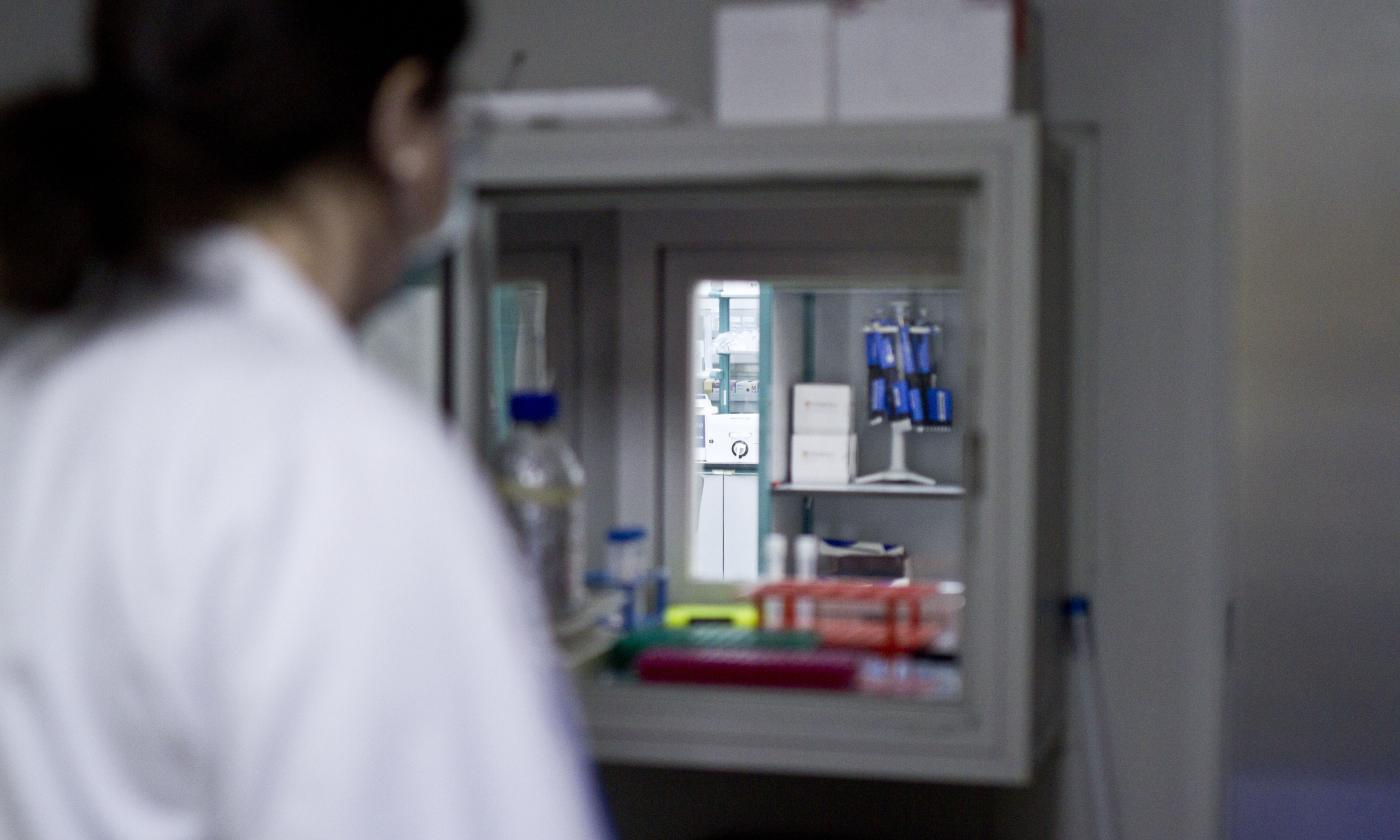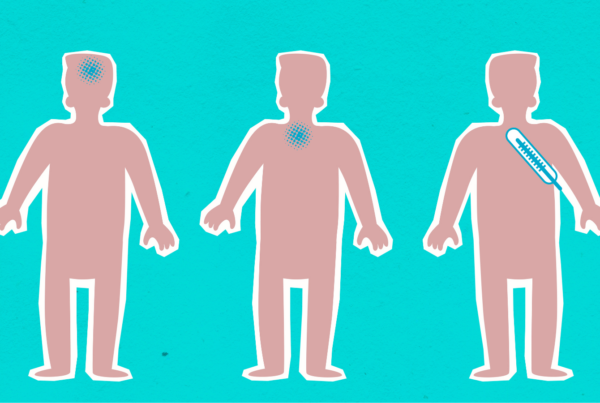
Previous studies show that DNA methylation regulates the immune response against HIV and can determine the clinical course of infection
There are a minority of people with HIV who are able to control the infection naturally, without taking antiviral treatment. Understanding how this control happens is a topic of high interest for researchers in the field of HIV, as it uncovers new treatment options. Previous studies have shown that there are host factors that are associated with better control of the virus, but whether or not these factors were expressed is unknown. A study, led by an EPIVINF partner and published in PLOS Pathogens, revealed that DNA methylation is one of the mechanisms that modulates the expression of these factors.
The study was led by IrsiCaixa and counted with the participation of the Josep Carreras Institute for Leukaemia Research (IJC), the Department of Statistics of the Faculty of Biology of the University of Barcelona and the IMPACTA Civil Association of Lima, Peru.
DNA methylation is an epigenetic process, which is a mechanism that regulates the activity of genes by chemically modifying some areas of the DNA. This process can act as a switch, turning gene expression on or off without modifying its sequence, and therefore without generating any irreversible mutations. Some of these DNA methylations can be inherited and others appear due to external factors, such as an infection.
Regulation of the antiviral response
Researchers have studied a cohort of 70 people who, without taking antiviral treatment, achieved better or worse control of the virus and consequently had greater or lesser amount of virus in their blood. The article compares the DNA methylation of these individuals and shows that there are significant differences between the two groups. “We wanted to study the underlying reason for these differences and, as human DNA methylation has been affected in other types of infections, we thought it might also play a role here”, explains Marta Ruiz-Riol, IrsiCaixa researcher and co-leader of the study together with Christian Brander, ICREA researcher at IrsiCaixa.
Scientists analysed the whole blood cell genomes of each participant and compared the results between the group that has good control of the virus and the group that does not. Thus, they identified 2,647 differences in DNA methylation between the two groups and observed that some affect the expression of essential genes for the control of the virus. Among these, differences were observed in two regions of genes involved in the interferon-mediated response, a natural defense mechanism of infected cells, and also in the functionality of T cells, cells of the immune system in charge of eliminating pathogens from the body. “Unlike other studies, we analysed the entire genome, which was initially like looking for a needle in a haystack, and then we focused on these two regions of genes that had relevant alterations in DNA methylation and that were affecting the antiviral response”, explains Bruna Oriol, pre-doctoral researcher at IrsiCaixa and first author of the article.
Key for future treatment approaches
The researchers thus conclude that gene regulation through DNA methylation should be considered when designing new strategies for curing the infection. “These kind of changes in DNA persist over time. Therefore, future therapeutic interventions aimed at curing HIV infection may need to mimic the correct gene expression to ensure long-term control of the virus”, details Ruiz-Riol.
The results also suggest that DNA methylation could also modulate the immune response in other chronic infections, a topic that will have to be further studied in future research.






